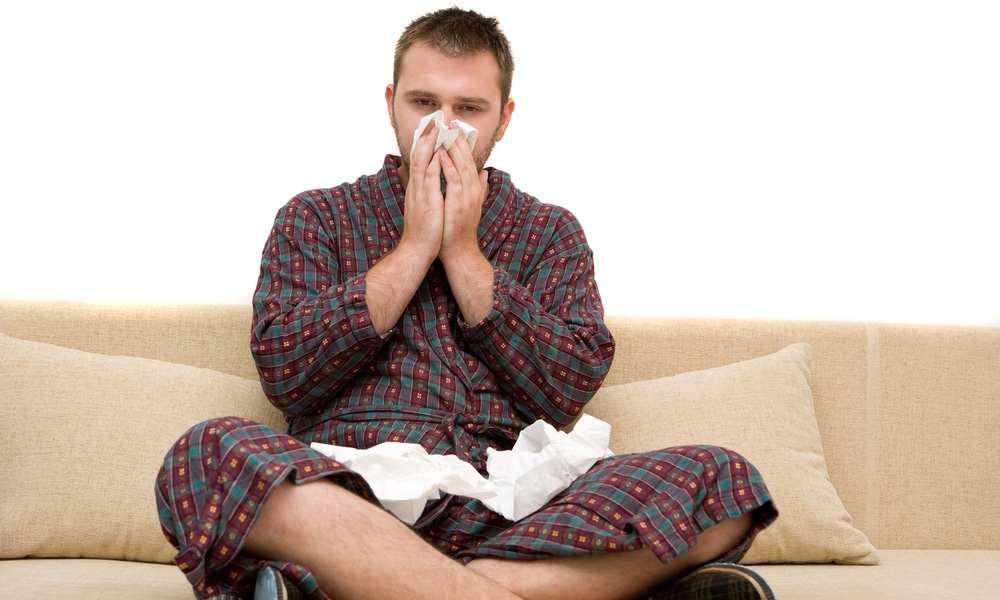Pleasurable emotions like happiness, joy, excitement, curiosity and a sense of calm are all part of what psychologists refer to as “positive affect.” In addition to the pleasure of these emotions themselves, they appear to set the stage for greater overall health and life satisfaction, suggesting they may have therapeutic value, too.
Teens who experience more positive feelings during adolescence tend to enjoy far-reaching benefits into adulthood, a Harvard University study has found. They have better physical and psychological well-being, greater social and civic engagement, and fewer mental health problems. Their lifestyle choices and behaviors are healthier than teens experiencing lower levels of positive affect.
Previous studies involving adults showed that positive affect is associated with healthier behaviors and a lower risk of chronic disease. In this new study, Harvard researchers focused on adolescents. They used data from a representative sample of around 10,000 U.S. adolescents in grades 7 to 12 (roughly between the ages of 15 to 18) in the mid-1990s.Designing interventions to enhance positive affect during adolescence could make lasting improvements in people's lives down the road.
One of the more striking benefits was how much positive affect protected mental health. Those who rated higher on positive affect had lower incidence of anxiety, ADD/ADHD, depression and stress. This, looked at in light of previous research showing that positive affect can be enhanced, led the study's researchers to suggest that interventions designed to improve positive affect during adolescence could make lasting improvements in people's lives down the road.
“Our findings suggest that targeting positive affect during adolescence, a critical developmental phase for acquiring health assets and establishing healthy mindsets, is a promising point of intervention that might enhance the trajectory of health/well-being in adulthood,” the lead authors of the study, Eric Kim, an assistant Professor of Psychology at The University of British Columbia with a two-year postdoctoral fellowship at the Harvard School of Public Health and Renae Wilkinson, a Research Associate in Harvard's Human Flourishing Program, said in a statement.
The American Psychological Association offers these tips to help build resilience and a more positive outlook in life:
- Prioritize relationships. Connecting with others reminds you that you're not alone, no matter what you're facing.
- Join groups (civic, faith-based, community-focused) which can offer a sense of purpose and joy.
- Take care of your body. Promoting positive lifestyle choices like proper nutrition, ample sleep, hydration and regular exercise not only strengthens your body, but helps to reduce stress and lowers depression and anxiety.
- Avoid negative outlets like alcohol, drugs, overeating, smoking or binge-scrolling.
- Move towards your goals. Develop realistic ones and then take positive steps towards achieving them. Celebrate even the small accomplishments along the way.
- Accept change. Remind yourself that it's a part of life.





